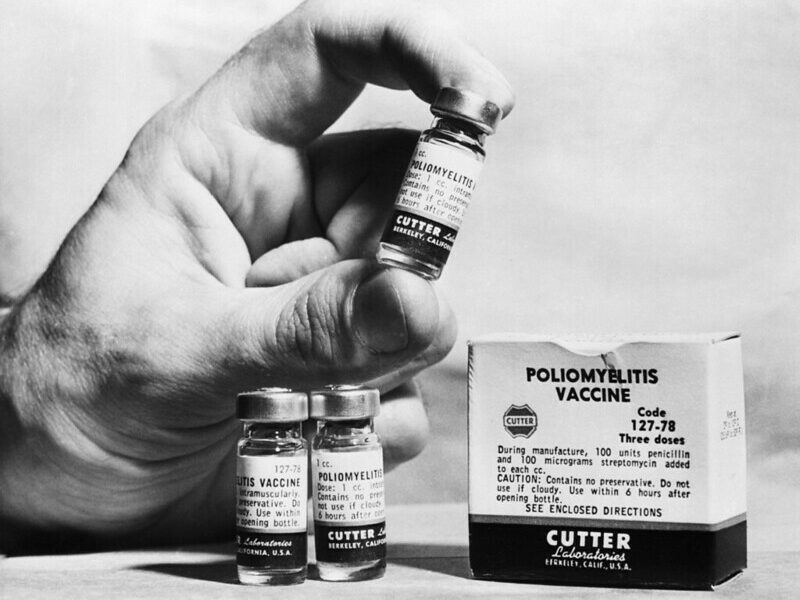More than 40 people were sick with food poisoning after eating at a local pastry shop in Yakutsk, Russia on March 6, 2012.
For 43 Yakutsk citizens, including 7 children, the first week of March brought not only the beginning of spring, but also an outbreak of Salmonellosis. Each case recalled eating the same custard cake from a pastry shop in Yakutsk a few days prior to hospitalization. As of March 6, only 31 out of 43 infected people were hospitalized, and the rest are being treated at home. According to the head of the epidemiology department of the Yakutsk Hospital, all patients are in stable medical condition. However, the department hopes to identify those have not sought medical help, as Salmonellosis is extremely contagious.
The Rospotrebnadzor (Russian Epidemiologic Control Service) investigation revealed several hygienic violations in the private pastry shop operation. First, the source of infection, salmonella bacteria, was found not only in the pastry production but also in two employees during laboratory analysis. Second, the owner of the pastry shop did not have legal permission to produce pastry cream. There were no recipes for products manufacture, nor contracts for the ingredients supply to the shop. Moreover, the Rospotrebnadzor officials were shocked by the absence of refrigerators and the poor sanitary conditions of the restrooms. The owner of the pastry shop refused to report to which other stores he supplied the pastries.
This is the second mass outbreak of Salmonellosis in Russia this year. In the middle of January 2012 more than 80 people, including 15 children, were sent to hospitals due to negligent “pastry” entrepreneurs in Chelyabinsk. Some patients were in critical condition and required intensive therapy. In this case the source of Salmonellosis was found éclairs and profiteroles. According to the investigators, one of the common sources of Salmonella bacteria is eggs, which are widely used in most pastries. It has been reported that some poultry farms illegally sell substandard eggs (such as eggs with cracks) to confectionery organizations, instead of disposing of them.
Salmonellosis is an infection caused by Salmonella bacteria. The symptoms include diarrhea, fever, and abdominal cramps 12 to 72 hours after infection. The main sources of infection are animal products, such as meat, eggs, and milk. The infection usually resolves in 5-7 days and often does not require treatment other than rehydration fluids. Antibiotics, such as ampicillin, trimethoprim-sulfamethoxazole, or ciprofloxacin, are not usually necessary unless the infection spreads from the intestines.
